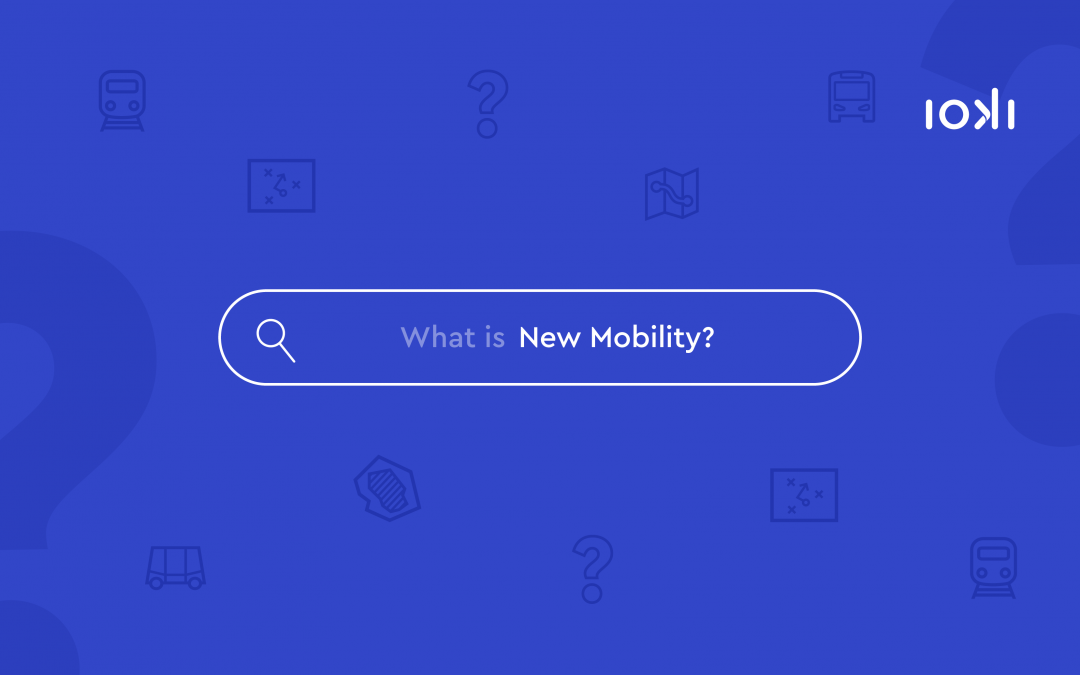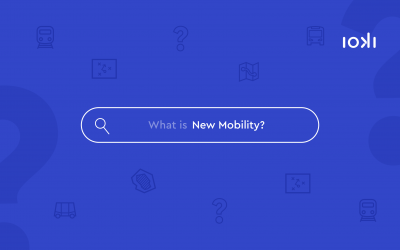From supply-centric to customer-centric focus
The use of data has already strongly influenced the development of mobility solutions. While public transport was planned with a supply-centred focus at that time, the use of data packages today enables more customer-centred planning. This brings the advantage that mobility needs can be determined in detail on a region-specific basis. With the help of data-based mobility analyses, it is possible to create well-founded images of existing mobility and supply situations and to derive meaningful target states. The result of the mobility analysis is a custom-fit, cross-modal blueprint for the ideal mobility mix. Be it the optimisation of existing public transport services, the addition of car-sharing or micro-mobility services or the introduction of an integrated on-demand system.
Focus on data security
As data processing becomes more and more important in the focus of transport planning, the relevance of data security and protection also increases. With a core data infrastructure located in Europe, all data processed by ioki falls under the European Union’s Data Protection Regulation (GDPR), which uniformly regulates and protects the use of all personal data. The right to data portability, i.e. the right to transfer personal data between service providers, enables us to fully exploit the economic potential of mobility-related data in the European area.
Strong mobility infrastructure through data
Data-based applications offer advantages on various levels. They make transport more efficient, more cost-effective, more environmentally friendly and enable better service planning across all modes of transport. Transport users can better plan their journeys through new, demand-oriented solutions and thus realise time and cost savings. This applies to both rural areas and large cities. Data processing has already significantly changed the public transport sector and will continue to gain relevance in the future – especially when it comes to making mobility accessible to everyone.



